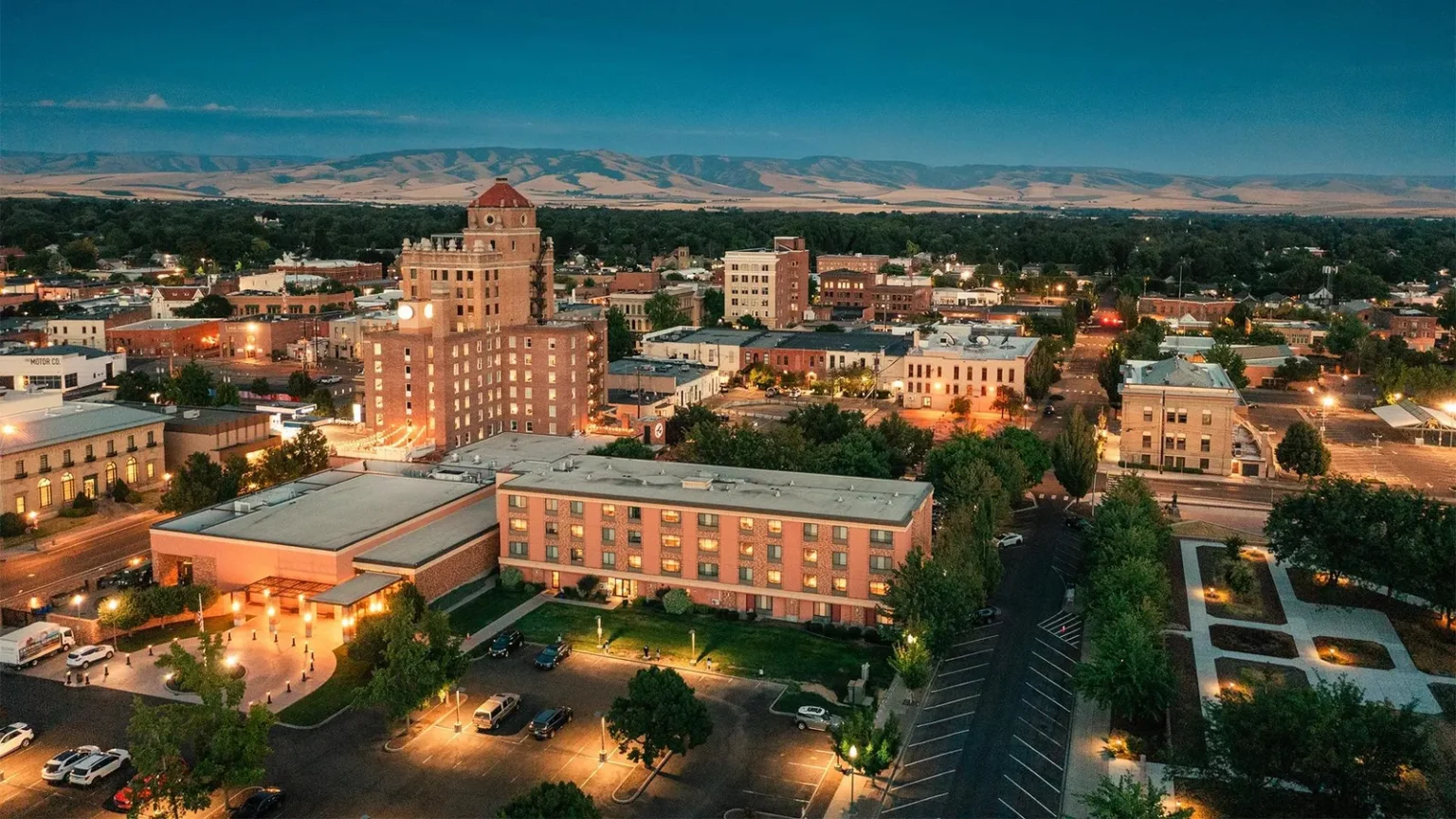Finding Your Ideal Retirement Haven: Forbes’ Top 25 Places to Enjoy Your Golden Years
Retirement represents a golden opportunity to pursue your passions and interests in a location that enhances your quality of life. To help retirees make this important decision, Forbes has meticulously evaluated nearly 1,000 locations across the United States, screening them for everything from climate change risks to healthcare availability. The resulting list of 25 top retirement destinations focuses on places that excel in leisure offerings—from cultural attractions and fine dining to outdoor activities and learning opportunities.
Unlike Forbes’ other retirement lists that emphasize affordability and cost considerations, this compilation spotlights locations based on their excellence in six passion categories: arts and culture, fine dining, lifelong learning, outdoor water activities, outdoor land activities, and golf. While some locations on the list come with significant price tags (San Francisco’s median home price of $1.24 million is nearly triple the national median), nine of the 25 picks have housing costs below or just slightly above the national average. For example, Iowa City offers abundant cultural and learning opportunities with a median home price of $294,000—31% below the national median. The list includes locations in 16 states across all continental time zones, with about a third being college towns, which typically offer exceptional cultural amenities, dining, and healthcare options relative to their size.
Consider Steve and Janyce Hill, who after 35 years in the San Francisco Bay area, sought a quieter yet culturally rich retirement setting. After initially trying Yreka, California, and finding it too quiet, they explored the Pacific Northwest before settling on Walla Walla, Washington. This scenic town of 34,000 offers scores of wineries, excellent restaurants, a symphony, art galleries, and two colleges, all at a median home price 3% below the national median. They purchased a historic 5,375-square-foot house once owned by Nobel Prize-winning physicist Walter H. Brattain, finding in Walla Walla “a college town that reminds us of Berkeley before it went crazy,” as Steve describes it. The area also provides numerous hiking and biking trails through nearby parks, combining cultural richness with outdoor adventures.
The diversity of options on Forbes’ list is striking. Two major cities—Austin and Boston—excel in all six passion categories, while other locations like Flagstaff, Arizona (outdoor land activities) and Pinehurst, North Carolina (golf) made the list by specializing in just one area. Some locations offer surprising combinations: Annapolis, Maryland shines for water activities, while Charleston, South Carolina excels in five categories including arts, dining, learning, water activities, and golf. College towns like Ann Arbor, Michigan and Athens, Georgia leverage their academic environments to create vibrant cultural scenes and learning opportunities, often at more reasonable price points than major coastal cities.
Each location on the list was evaluated not just for leisure activities but also for important quality-of-life factors. Forbes eliminated places with high natural hazard and climate change risks according to FEMA’s National Risk Index, which explains why only one Florida location (Sarasota) made the cut. Other critical factors included availability of primary care physicians, serious crime rates, air quality, and walkability/bikeability scores. The result is a comprehensive overview of places where retirees can pursue their passions while maintaining a healthy, active lifestyle. Whether your retirement dreams involve sailing in Annapolis, attending symphony performances in Walla Walla, hiking in Boulder, or golfing in Pinehurst, the list offers options suited to diverse interests and budgets.
Tax considerations vary widely among the featured locations. Seven states on the list (Texas, Florida, Washington, Nevada, Wyoming, South Dakota and Alaska) have no state income tax, though Washington does impose a 7% “excise tax” on certain capital gains. Others, like Oregon and California, have high income tax rates but exempt Social Security benefits. New York City combines high living costs with substantial income taxes, though it offers unparalleled cultural amenities. Meanwhile, locations like Iowa City and Fayetteville, Arkansas provide significant tax advantages for retirees along with below-average living costs. These tax variations, combined with housing costs and overall cost of living, create important financial considerations alongside the lifestyle benefits each location offers.
The Forbes list ultimately demonstrates that retirement fulfillment comes in many forms across America. From the water-centric lifestyle of Annapolis to the cultural richness of Ashland, Oregon; from the golf paradise of Pinehurst to the outdoor wonderland of Bend, Oregon—retirees have abundant options for creating their ideal next chapter. What matters most is aligning your personal passions with a location that supports your desired lifestyle while meeting practical considerations around healthcare, safety, and climate resilience. While some destinations may require significant financial resources, others offer similar passion-oriented lifestyles at more moderate price points, proving that a fulfilling retirement doesn’t necessarily require breaking the bank.












